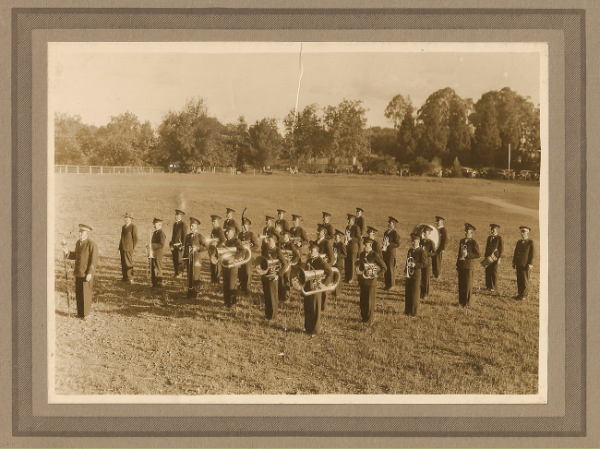
Used under Creative Commons License
Originally published April 28, 2011 on Sound Education Blog.
Performing, listening to, and enjoying great music are their own rewards. But most people recognize that there are many additional life lessons learned while studying music. We discussed these lessons in a 2010 #MusEdChat collaborative session on Twitter. This series of blog posts contains my reflections on that discourse. Thank you to those who participated in the conversation, many of whom I have quoted below.
Music Life Lesson #11: Connecting Emotion
While many of the lessons that music teaches us can be predicted and quantified, there are certainly elements of surprise, spontaneity, and uniqueness in what we are taught as well. This makes music exciting. One such unexpected lesson may be a sudden emotional connection to or perhaps an epiphany about the music listened to or played. Our emotionalism connects all humanity together, and yet is at the same time something profoundly personal. We can be led to experience emotions in art but this can not be taught objectively in the way we teach science or mathematics.
The craft of music is generally taught prior to the art of music. Students begin their studies at an age where an appreciation for music’s humanity has not yet been developed. (Some never achieve this). It is our duty as educators to assist student musicians in connecting their personal expression and emotions to what may be to them simply a physical and mental exercise.
From MusEdChat:
@travisjweller: But we as educators can capture that emerging moment, and begin the conversation where feelings can become something tangible.
In a perfect world, a child should learn to connect emotionally with art prior to ever picking up a horn and certainly before learning to read music. The demands of theory comprehension and instrument facility often push the heart of music aside. Many quit before ever getting to the point of being able to express themselves through performance. How many more students might we have and what better musicianship if the emphasis were placed from the start on what moves us emotionally.
@travisjweller: … we unlock emotional templates in students that they may be unaware that they possess.
The personal reflection and gut-level response that occurs with the appreciation and study of music is really a lesson in what it means to be human. Regardless of the range of emotions that music may bring, it always brings me great joy. The fear and anger that comes out of the brutal passion of Stravinsky’s Rite of Spring is as wonderful as the solemn sadness of Barber’s Adagio for Strings or the pure jubilance of the fourth movement of Beethoven’s Symphony 9. The life within the music resonates with our lives – in a very physical way but also with our memories, our desires, our aspirations.
@travisjweller: Students may not understand why the hair on the neck is standing up, or why tears are forming.
I submit that a child who experiences this true connection with the art of music is forever changed for the better. They are a better musician. Their lives are enriched. This alone is enough to warrant the study of music by every child.
What About You?
How does music affect your emotions? Your humanity? We are musical creatures and it is and incredible thing that music does when we connect with it. Tell me your stories in the comment. How have you been affected by the power of music?
This is part 11 of a 12 part series.


